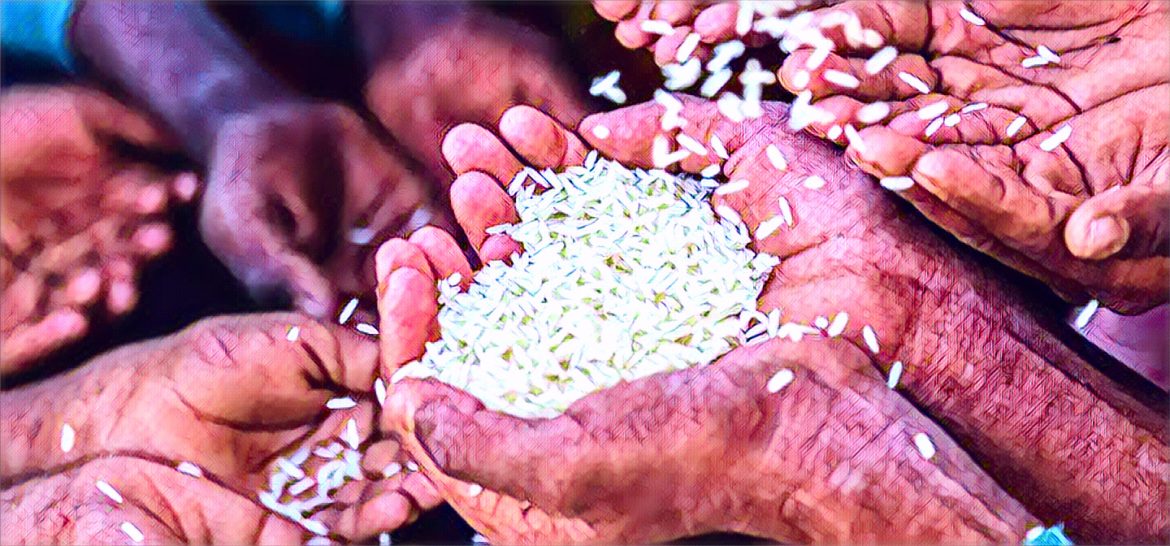Nigeria, a nation rich in cultural diversity and natural resources, is currently grappling with an excruciating hunger crisis that has left its citizens in a state of despair and hopelessness. The severity of the situation has prompted prominent traditional leaders, including the Sultan of Sokoto, Alhaji Muhammad Sa’ad Abubakar, and the Emir of Kano, Alhaji Aminu Ado Bayero, to call on President Bola Tinubu to take immediate action to mitigate the economic hardships before they escalate into an intractable crisis.
The hardship experienced across the country has driven some Nigerians to the brink, with reports of individuals taking their own lives out of sheer desperation. Incidents in Niger, Oyo, Jigawa, and Lagos States, where individuals succumbed to the pressures of debt, economic instability, and poverty, highlight the dire consequences of the ongoing crisis. The suicide of a 30-year-old man in Niger State, a bank manager in Oyo, a 35-year-old in Jigawa, and a bank employee in Lagos, among others, serve as tragic reminders of the human cost of the economic turmoil.
The response from the streets has been one of vocal protest, with citizens in major cities across Nigeria taking to the streets to express their grievances. In Kano, protesters made it clear that their vote for President Tinubu came with the expectation of an improvement in their economic situation, an expectation that has yet to be met. Similar sentiments were echoed in Lagos, where traders openly voiced their struggles with hunger and poverty as the president’s convoy passed through the Idumota market.
Despite the clear signs of public discontent, the ruling All Progressives Congress (APC) has dismissed the protests as being sponsored by opposition parties, aiming to portray the government as underperforming. This stance has been met with criticism from opposition governors, who have urged the federal government to address the challenges head-on, accusing it of playing politics with the nation’s hardship.
According to a report by This Day Live, the Sultan of Sokoto and the Emir of Kano have lent their voices to the chorus of calls for action, emphasizing the increasing levels of poverty and the lack of basic necessities for the common man. Their messages underscore the urgency of the situation and the need for the government to act swiftly to avert further disaster.
Amidst the growing calls for change, the government’s response has been criticized for its apparent insensitivity and lack of effectiveness. The extravagant expenditure and profligacy of the administration have come under fire, especially in light of the leaked memo revealing a substantial sum approved for the inauguration of a committee on the new national minimum wage. This, coupled with the government’s focus on rooting out alleged “moles” rather than addressing the root causes of the economic crisis, has fueled public anger and called for a social revolution.
As Nigeria stands at a crossroads, the need for a comprehensive and compassionate response to the hunger crisis has never been more critical. The voices of traditional leaders, opposition parties, and the citizenry themselves must be heeded if the nation is to navigate its way out of this dire situation. The time for action is now, to prevent the current economic challenges from spiraling into a crisis from which recovery may be exceedingly difficult.


